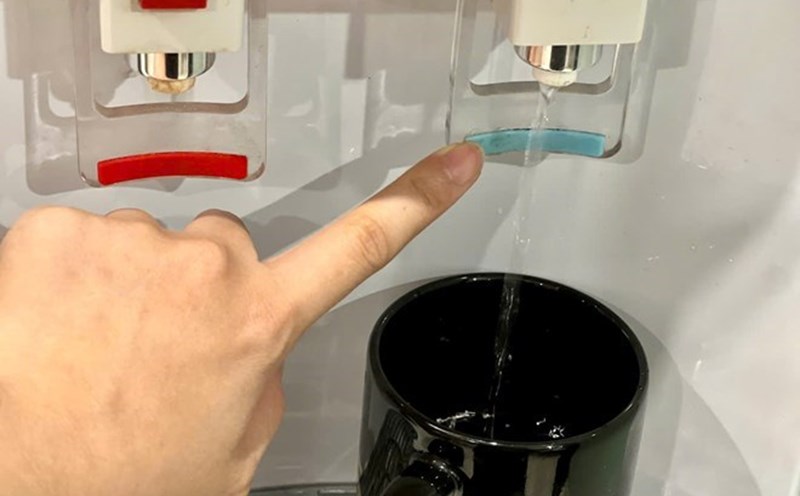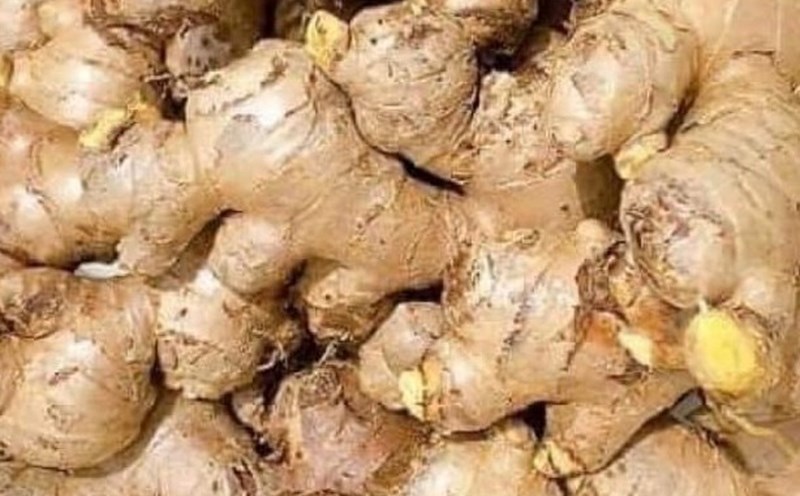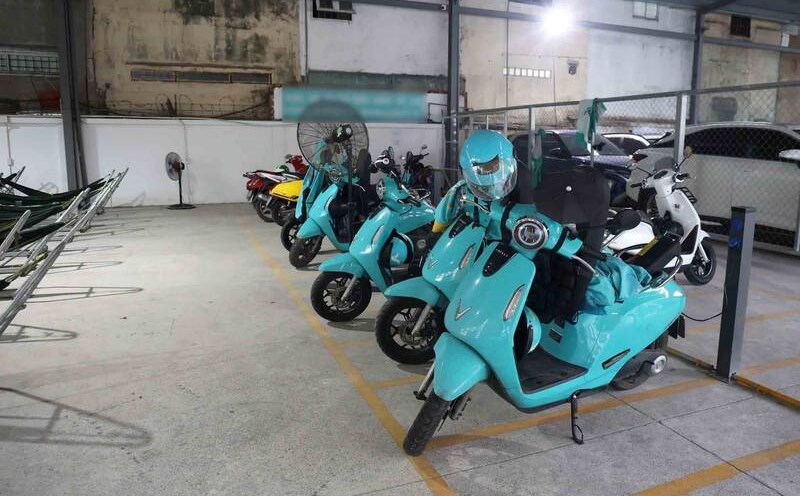So how should people with kidney failure eat rice to ensure energy and not overload the kidneys?
Diet plays a key role in controlling the progression of chronic kidney disease. In particular, starch, the main source of energy from rice, is an important part, but needs to be adjusted in dosage, processing method and combination of accompanying foods.
People with kidney failure in the third stage and above are often advised to limit potassium, because the ability to excrete potassium through urine is gradually decreased. Some whole grains such as brown rice and red rice, although rich in fiber, contain high potassium and phosphorus content, which is not suitable for people with weak kidneys.
Idyge patients should prioritize refined white rice, as it has less potassium and phosphorus than whole grain rice, says Dr Andrew Chin, a clinical nutritionist at Singapore National Hospital (NUH).
White rice, although losing some micronutrients compared to brown rice, is easier to digest and less likely to cause the kidneys to work too hard.
Choose rice with low glucose (fast-absorbing carbohydrates) with an average glycemic index to avoid increasing blood sugar, a secondary risk factor commonly found in patients with kidney failure.
Although rice is the main source of energy, eating too much is not a safe choice. People with kidney failure should eat a moderate amount of rice, depending on the level of activity and the glycemic index.
According to the National Kidney Foundation's recommendation, the total energy from starch should account for about 50-60% of the meal, while the amount of protein should be limited to 0.6-0.8g/kg/day for patients without dialysis.
A bowl of white rice about 150g provides more than 40g of carbohydrates, equivalent to 180 kcal.
Therefore, it is reasonable for patients to only eat about 1 and a half bowls - 2 bowls of rice at each meal, avoiding eating too much, causing the kidneys to work harder to metabolize excess energy.
A simple tip to help patients reduce the amount of potassium from rice is to wash the rice many times, soak it in warm water for about 1 hour and discard the water before cooking.
A portion of the rice cannot be separated from the accompanying dishes. To be good for the kidneys, you should choose dishes rich in plant protein (such as steamed tofu, mushrooms), low- potassium boiled vegetables (buckwheat, squash, cucumber), steamed fish or lightly cooked lean meat.
Avoid eating with braised salty dishes, pickled cucumbers, dried fish because they are rich in sodium and phosphorus - which are substances that cause kidney disease to progress faster.











